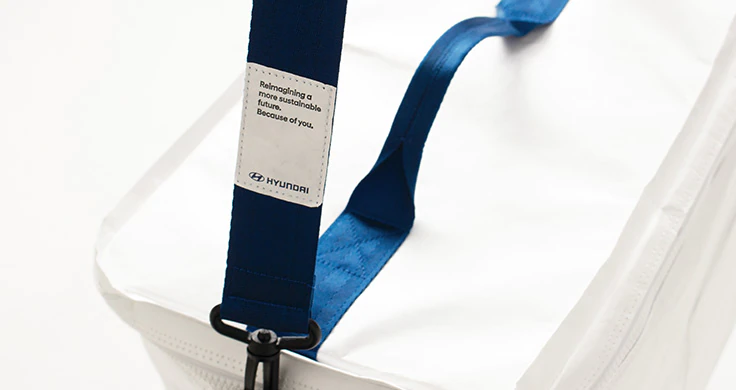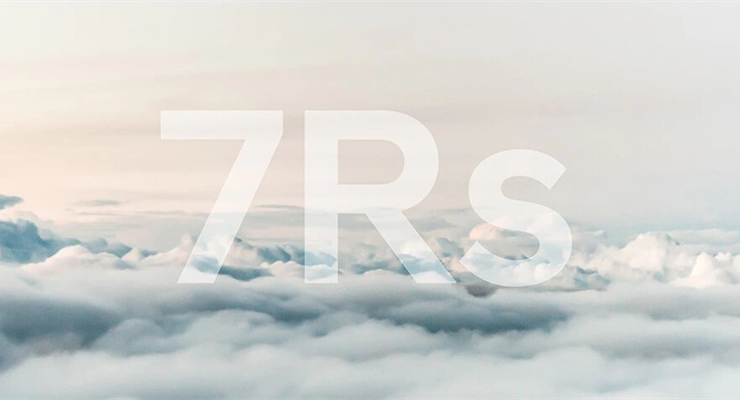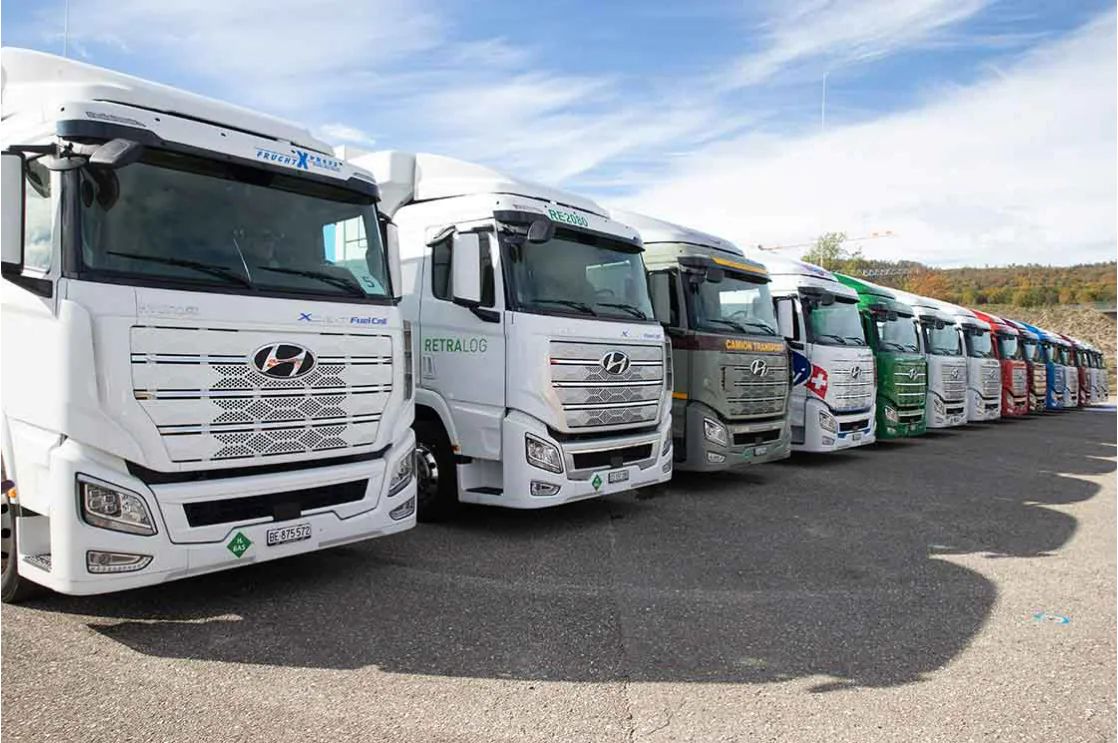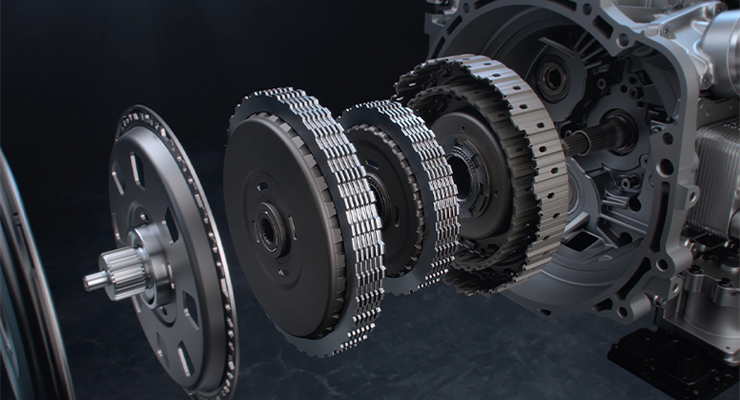The world’s resources won’t last forever, this is something we all know. But we can all do our part by resolving to live more sustainably. Inspired by Earth Day, which was celebrated on the 22nd April we caught up with Josephine Philips – founder of the Sojo app –to find out what sustainability means to her and how you can build the 7Rs of sustainability into your daily life.
We all know the 3Rs – Reduce, Reuse and Recycle, but today you can add another 4Rs – Regift, Repurpose, Refuse and Rethink to your list. Here at Hyundai, we believe that all 7Rs are equally important when it comes to minimizing our impact on the planet. In our latest commercial released with BTS in celebration of Earth Day we said: “For tomorrow, We won’t wait”. Adopting the 7Rs is just one of the ways that we are rethinking our relationship with the planet.
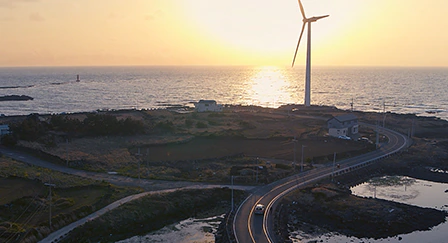
The 7Rs are especially important when it comes to rethinking our relationship with our clothes and our planet. Fashion has become so fast that there are now 55 fashion cycles a year. Gone are the days when we bought one item and wore it for several years. Our clothes are now ending up in the landfill at an alarming rate.
Nearly 3 fifths of all clothing end up in a landfill or an incinerator within years of being made.
The good news is that consumers around the world are becoming more conscious in their fashion choices. One person who is trying to make second-hand shopping more accessible is Josephine Philips. In 2020, she founded @SoJo_app , an app which makes altering clothes easy by connecting users with local seamsters and collecting their items by bike.
“I made my move away from fast-fashion a few years ago when I realised how unethical and environmentally destructive it is as an industry,” Josephine says. It was then that she started to “assess my own buying habits and founded Sojo, to help make the fashion industry circular.”
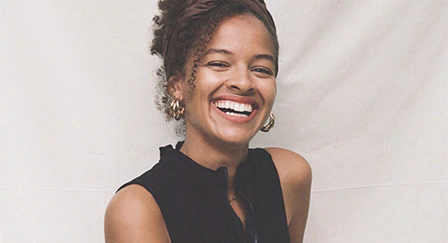
“Sojo has changed my attitude towards shopping and my own wardrobe more than you could imagine,” she says. “Firstly, it’s made second-hand shopping so much easier. Secondly, I now look at my current wardrobe through a different lens – one of intention and care. I’ll be the first to admit that years ago, if something was ripped or a zip was broken, the item wouldn’t be worn at best, or thrown away at worst. Now, I get excited by the idea of nurturing my current wardrobe for years and looking after what I have with repairs through Sojo.”
Right now, Sojo is only available in Central London, but Josephine and the Sojo team have plans to replicate it across the country and are intending to start later this year in Bristol and Brighton.
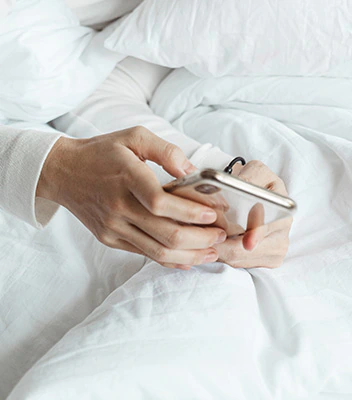
What Does Sustainable Living Mean?
For Josephine, “sustainable living is about doing the best we can in the system and society that we live in. It’s about trying to fight consumerism by becoming conscious about what we buy and looking after what we already have. It’s about slowly making changes in your day-to-day that have the planet and people in mind.”
Josephine’s top tips for making more sustainable fashion choices
- 1. The most sustainable clothes are the ones you already own, so try and fall back in love with your current clothes.
- 2. Second-hand doesn’t mean second-best – shop at thrift stores or use apps like Depop to find one-of-a-kind pieces and use SoJo or other tailoring services to get pieces altered if they’re not your size.
"The most sustainable clothes are the ones you already own!" JOSEPHINE PHILIPS
As Josephine shows, our lifestyles don’t have to cost the earth and there are lots of ways to embrace the 7Rs in your everyday life beyond rethinking your fashion choices. Here are our tips to help you get started.
Rethink
The best way for you to embrace all 7Rs is to start by rethinking your lifestyle. It all starts with changing your mindset and recalibrating your brain to make conscious eco-friendly decisions. This is something that Hyundai is doing too so that we can help to build a brighter, more sustainable future for everyone.
Josephine’s advice is “to reflect on whether there are sustainable alternatives to things that you’re buying or consuming by doing some research, or using apps like ‘good on you’ and then to try and slowly integrate those alternatives into your life.”
Regift
Regifting is the art of adding value to a preloved item by gifting it to someone else. It’s great because it prevents things from going into the landfill. You can regift clothes, shoes, furniture, and even electronics, to charities. Or you can choose to regift books and other cherished items by wrapping them up and giving them to loved ones to enjoy.
3 tips for regifting books
- 1. Choose a book that reminds you of the person you want to give it to, has characters that they will relate to, or explores a topic that means something to you both.
- 2. Add a personal touch by writing a handwritten note about the book and why you think they will enjoy it.
- 3. Wrap it up nicely with some recycled wrapping paper.
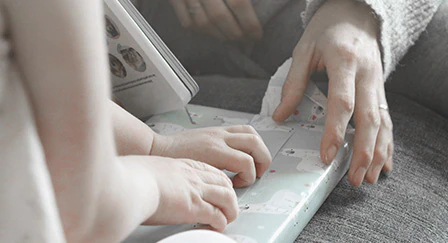
Recycle
Recycling has become easier and easier over the years. Most cities now have different trash cans for different types of trash, so we can recycle plastic, paper and glass relatively easily. To take this one step further, you could also aim to buy more products that are made of recycled materials.
You can find recycled and sustainable materials inside our new IONIQ 5. The seat fabric in every IONIQ 5 is made of up to 32 PET bottles and the detailing on the door is made of 100% recyclable paperette. The pieces in our new Brand Collection are made of recycled materials too. We have used waste nylon in our picnic mat, recycled PET bottles for our Trip Cart table, and seatbelts for the straps on our pet walking bag.
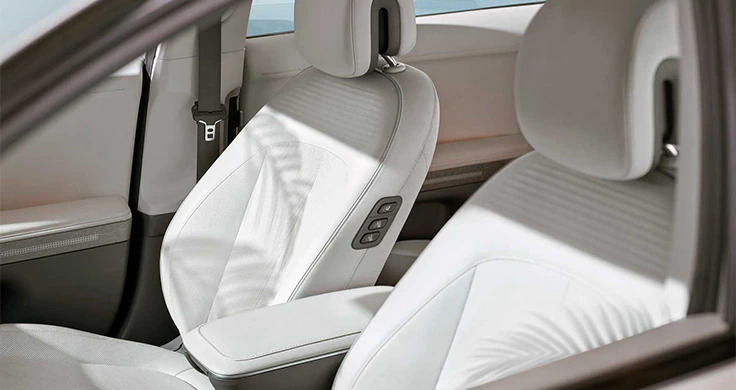
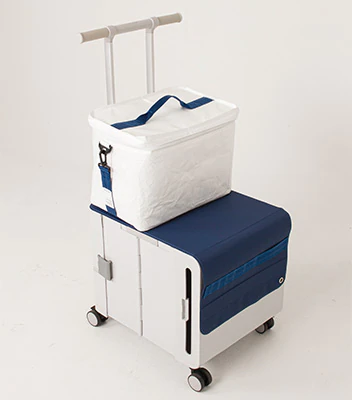
"Transitioning to a zero-waste lifestyle won’t happen overnight – it’s a journey." -MCKINSEY & COMPANY
Refuse
Transitioning to a zero-waste lifestyle won’t happen overnight – it’s a journey. One way to reduce the amount of waste you create is to refuse single use plastic, like plastic straws or single-use cutlery, and other non-eco-friendly products in favour of reusable items.
You can do this in your home, thanks to eco-friendly kitchen and bathroom products, like shampoo and shower gel bars, cleaning tablets and eco washing powder, all of which have little to no plastic packaging. Or you could start shopping for groceries at your local zero waste shop, like Original Unverpackt in Berlin.
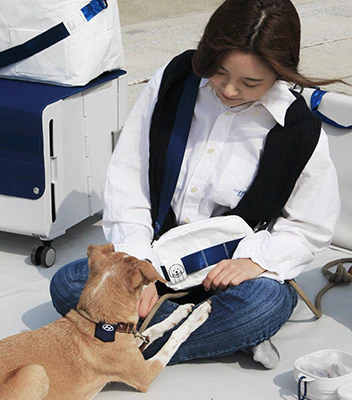
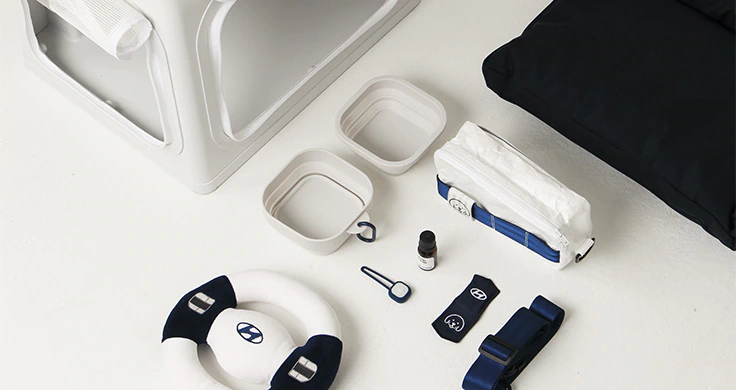
Reuse
If you start to refuse products that aren’t eco-friendly, then you will also need to equip yourself with some basic reusable items. You will need a reusable coffee cup, a reusable water bottle, a reusable shopping bag (or 10), and refillable containers for fruit, vegetables and other loose items.
If you have a pet, then the reusable pet meal box and water bowl in our Brand Collection are great sustainable options for you to pack when you travel with your dog. And don’t forget to pack some reusable cutlery and glasses in our sustainably made Trip Cart so you can have an environmentally friendly picnic while you’re out for the day.
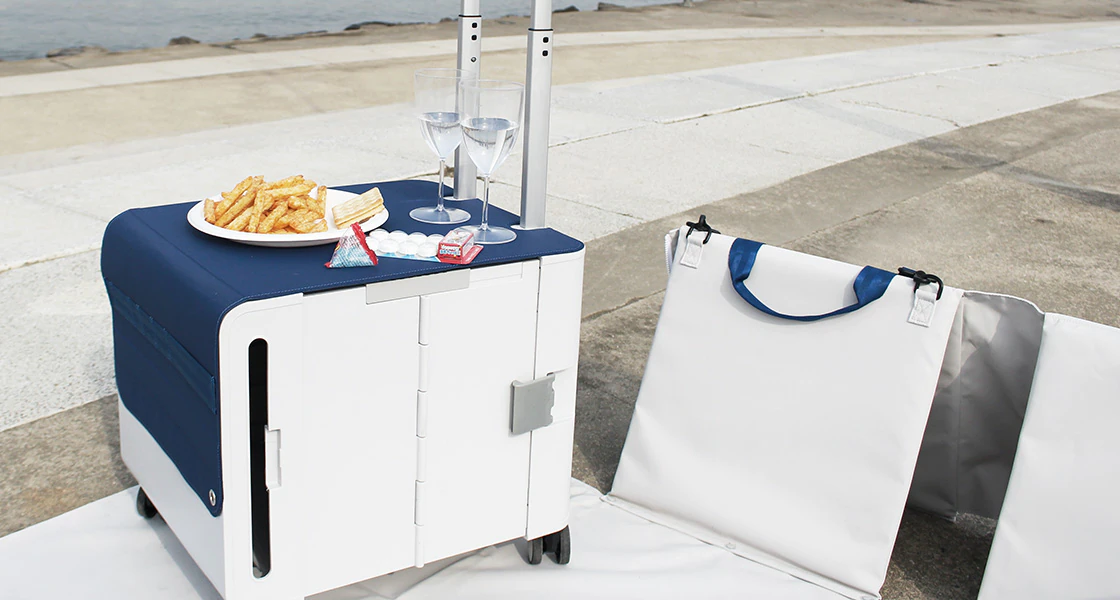
Repurpose
Repurposing means taking something that is no longer functional and turning it into something useful again. For you, it could be as simple as repurposing old mason jars to hold things like seeds, nuts, rice etc.
For us, repurposing is an opportunity to use as many of our waste materials as possible. For example, we’ve repurposed our seat leather to make the handles on our Trip Cart and repurposed our seat belts to make the handles on our cooler bag.
